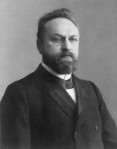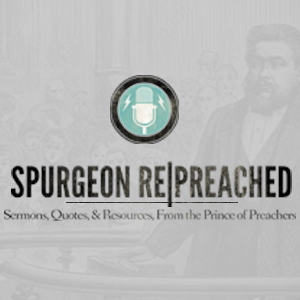Below is an excerpt from a recent editorial in the Bavinck Review updating readers on the exciting news of a discovery and subsequent plans to translate a volume from Herman Bavinck on Reformed Ethics which will likely be produced in three English volumes:
Readers of this journal were introduced in our first issue to Dirk Van Keulen’s discovery in the Bavinck archives at the Vrije Universiteit, Amsterdam, of a large hand-written manuscript, Reformed Ethics. A small group of Bavinck scholars at the time agreed that this work should be published and translated. After Dirk Van Keulen prepared an electron- ic, transcribed version of the first half of the manuscript (560 pages), your editor began translating and annotating the work in 2012. I came to the realization in the winter of 2013/14 that at the pace I was going, it was going to take a lot longer than I had initially envisioned. With the help of a gift from the Dutch Reformed Translation Society and a number of generous benefactors, I was able to hire out the translation work, a section at a time. In addition, thanks to a grant from the Heritage Fund of Calvin Theological Society, an editorial team consisting of myself, Dirk Van Keulen, Nelson Kloosterman, and Ph.D. students Jessica Driesenga and Antoine Theron, spent the week of August 3–7, 2015 carefully editing already translated sections, establishing editorial protocol for the work as a whole. Deo volente, we will repeat this communal editorial work in the summers of 2016, 2017, and 2018. Readers of this journal who are also members of the Bavinck Society already know that the American mem- bers of the editorial team got a large surprise this summer when we learned that the Bavinck manuscript was over 1100 pages instead of the 560 total that we were working with. This also means that instead of a one-volume work, we are now projecting a three-volume work along the following lines:
I. Created, Fallen, and Converted Humanity
II. The Duties of the Christian Life (Ten Commandments)
III. The Life of the Redeemed in the World (Marriage and Family)
We are profoundly grateful to the Baker Publishing Group for its willingness to take on the enlarged project. It is our goal to have the translated and edited Volume I in the hands of the publisher January 2017.
A final word of thanks to long-time friends Harry Van Dyke and Nelson Kloosterman for the gift of their translations that enrich this volume.
~John Bolt~
Bavinck Review Volume 6, 2015.









